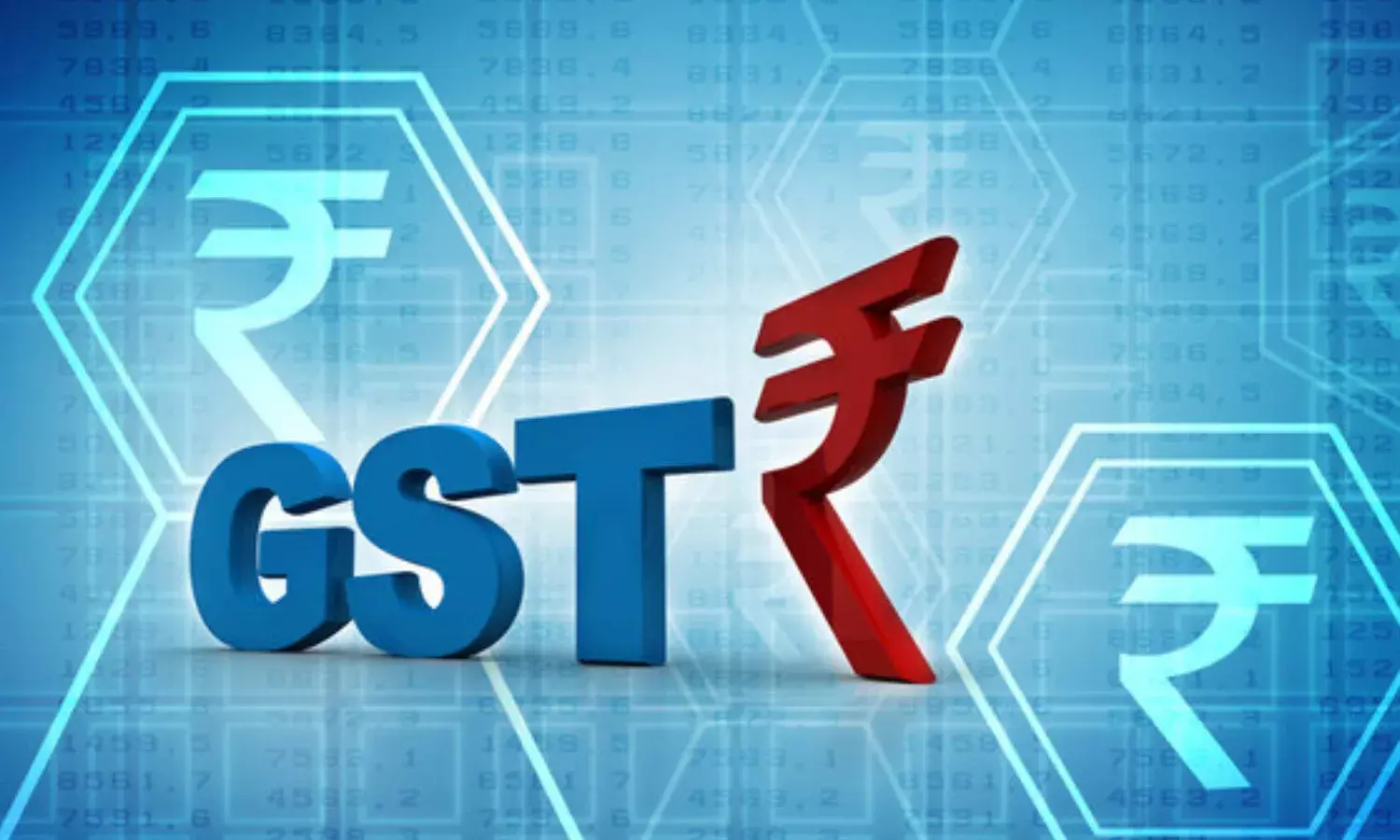ITC utilization for GST Pre-Deposit: Unsettling the settled practice?

ITC UTILIZATION FOR GST PRE-DEPOSIT: UNSETTLING THE SETTLED PRACTICE? However, at least in case of dispute of tax under forward charge i.e. output supplies, the amount of pre-deposit can be very well treated as an output tax and hence, ITC utilization should be available Our judicial system consists of a multi-staged platform to challenge every decision before the respective higher...
ITC UTILIZATION FOR GST PRE-DEPOSIT: UNSETTLING THE SETTLED PRACTICE?
However, at least in case of dispute of tax under forward charge i.e. output supplies, the amount of pre-deposit can be very well treated as an output tax and hence, ITC utilization should be available
Our judicial system consists of a multi-staged platform to challenge every decision before the respective higher forum. Even below High Courts, quasi-judicial bodies are set-up to provide justice to the parties involved. In tax matters, there is a quasi-judicial appellate authority to challenge the decision of the adjudicating authority and followed with tax tribunals, High Courts & the Supreme Court.
However, the appeal mechanism can be equally misused by taxpayers vide filing frivolous and baseless appeals, just for the sake of litigating matters or buying time. To curb such practises, part-payment of disputed tax was envisaged to ensure filing of only genuine appeals. This is commonly referred to as 'pre-deposit' of tax.
In the GST era, Section 107 (6) (b) of the CGST Act requires payment of 10% of disputed tax by the taxpayer in order to file first level appeal, subject to certain other conditions. Similarly, to file appeal before GST Tribunal, an additional 10% of disputed tax is warranted under Section 112 (8) (b).
GST law, based upon VAT principles, allows to set-off the tax paid on input supplies (i.e. Input Tax Credit or ITC) against the tax liability on output supplies apart from cash payment. Section 49 (3) provides for electronic cash ledger wherein cash deposit will be maintained for utilization of tax and other payment such as interest, penalty, fee, etc. Further, Section 49 (4) provides for electronic credit ledger which maintains the balance of ITC with GST portal and the same is to be utilized solely towards payment of output tax.
Conspicuously, there is no express provision which specifically allows or restricts utilization of ITC available with the taxpayer with respect to utilization of ITC for making pre-deposit. However, recently, the Orissa High Court in the case of Jyoti Construction [2021-VIL-715-ORI] has examined this issue and held that ITC cannot be used for making pre-deposit. The Court observed that under Section 49 (4), ITC can be solely utilised for payment of 'output tax' liability and 'output tax' is defined under Section 2 (82) to mean tax payable on the output supplies. The Court finally held that pre-deposit cannot be equated with output tax and hence, pre-deposit cannot be made through ITC utilization.
The industry is quite anxious after the abovementioned order was pronounced as it carries serious ramification for taxpayers. Following this decision, the tax authorities may now demand pre-deposit only in cash. Hence, taxpayers may be required to make pre-deposit payment in cash, despite having sufficient ITC balance and it would lead to working capital blockage.
As discussed above, the sole reasoning by the Court is that pre-deposit under Section 107 is not an output tax. In this context, a closer look at Section 107 (6) (b) suggests that the requirement for filing appeal is to make payment of 10% disputed tax amount. The provision is loud and clear enough to state that the amount to be paid is nothing other than mere tax.
At this juncture, the legal position as existed in the pre-GST era is also worth noticing. In the CENVAT regime, Section 35F of the Central Excise Act, 1944 mandated that to file an appeal, an amount of 7.50% or 10% (as the case may be) of disputed tax was required to be deposited by the taxpayers. Needless to mention that the CENVAT credit was allowed to be utilised towards payment of tax liability. Hence, a similar question arose in the past whether the CENVAT can be utilised for making pre-deposit of tax, where the Tribunal in a series of decisions, has ruled in favour of the taxpayer.
The CESTAT, Kolkata in the case of Manaksia Ltd. [2017 (354) E.L.T. 415 (Tri. - Kolkata)] examined Section 35F of the Excise Act and held that there is no bar for utilization of CENVAT to pay pre-deposit of tax. Further, the Tribunal also took cognisance of Rule 3 (4) of the CENVAT credit Rules, which nowhere expressly allowed usage of CENVAT for pre-deposit. Post due examination of the said provisions, the Court permitted utilization of CENVAT to make pre-deposit payment. The Court held that in case the CENVAT would be ultimately held as ineligible, revenue has the liberty to recover the same. Hence, it was held that utilization of CENVAT for pre-deposit is not legally barred as well as it would not lead to any injustice to revenue.
Additionally, the Larger Bench of the Tribunal in the case of Birla Yamaha Ltd. [1996 (83) E.L.T. 396 (Tribunal)] demands attention. The Tribunal held that insisting of payment vide cash mode would lead to double taxation in one-way, as it would render tax credit being unutilised and parallelly requires cash payment of tax.
Recently, the Tribunal in the case of Dell International [2019 (365) E.L.T. 813 (Tri. - Bang.)] allowed utilization of CGST credit for making payment of pre-deposit of erstwhile tax dispute.
Additionally, it is pivotal to note that the definition of 'output tax' has also neither expressly nor impliedly excluded such pre-deposit of tax from the ambit of 'output tax'. Furthermore, the provision nowhere states the amount is paid as a security deposit or guarantee; rather, it is essentially a part-payment of tax arising out of an impugned demand order which is proposed to be challenged. Hence, to construe the said payment as anything other than tax would be incorrect.
This can be viewed from another angle as well. Assuming the demand of tax is confirmed, the same can be paid through ITC balance. Therefore, there appears to be no justification as to why only for an interim period, during pendency of appeal, there would be such condition. Hence, this stretched interpretation is creating an artificial embargo, not otherwise intended or prescribed.
Also, insisting on cash payment instead of payment through ITC would be of no real benefit for the Government exchequer and on the contrary, it will seriously hit the cash flow of taxpayers. Though the decision of the Orissa High Court may be challenged on merits, yet it would certainly create some disruption for the time-being. Hence, it is imperative for the Government to step-in and issue suitable clarifications to let continue the past tradition of using tax credit for making pre-deposit payment. This would also provide a positive message to the industry who already faced a challenging time since the past 1.5 years due to Covid-19.
Having said the above, let us draw your attention to another aspect of the definition of 'output tax' wherein it excludes from its purview, the tax payable under reverse charge i.e. tax payable on input supplies. Therefore, taking the view as suggested above, there appears to be a legal challenge, so far as the pre-deposit for disputed tax under RCM from ITC is concerned. However, at least in case of dispute of tax under forward charge i.e. output supplies, the amount of pre-deposit can be very well treated as an output tax and hence, ITC utilization should be available. Ideally, even for RCM related tax dispute, the Government should permit for the sake of ease of compliance and a simplified path towards seeking justice. Therefore, Industry should pro-actively represent this matter before the Government.





